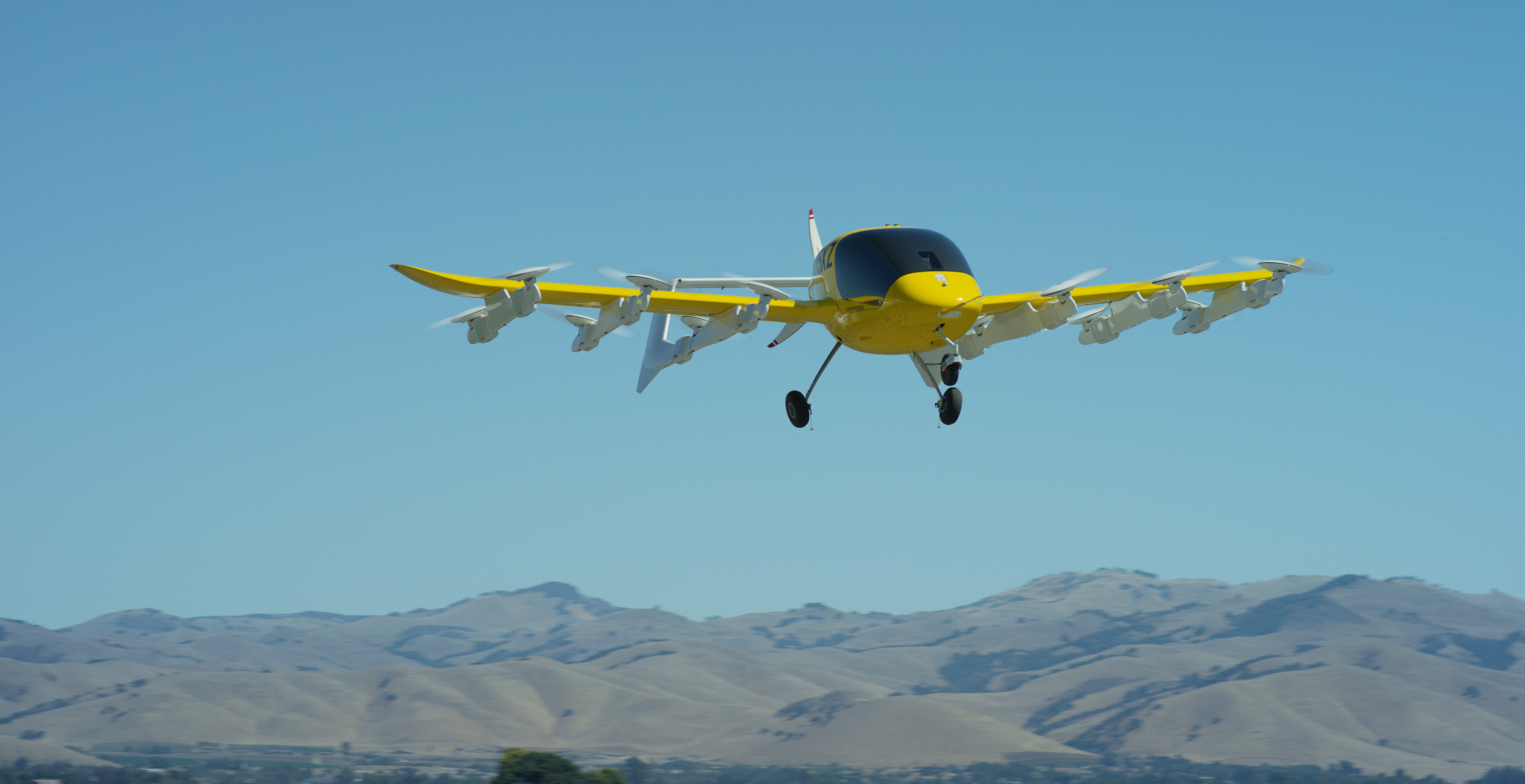Click Here to View This Page on Production Frontend
Click Here to Export Node Content
Click Here to View Printer-Friendly Version (Raw Backend)
Note: front-end display has links to styled print versions.
Content Node ID: 419006
Wisk Aero is to supply and operate up to 30 of its eVTOL aircraft for Blade Air Mobility’s passenger transportation network. According to the manufacturer, the aircraft will be what it called its "sixth-generation design" rather than the two-seat, all-electric Cora, which is undergoing flight testing in California and New Zealand.
The agreement between the two companies is provisional and contingent on factors such as when Wisk gets approval for autonomous flight operations. It calls for Wisk to deploy its aircraft on short routes linking Blade’s network of private terminals in various U.S. cities.
Wisk said it is not publishing a timeline for launching services or completing type certification of the new aircraft. It also declined to provide any further details about its size, range, and other specifications.
The aircraft will be owned, operated, and maintained by Wisk, which will be paid according to flight duration based on minimum flight hour guarantees. Blade said it will publish flight hour rates, "once we are closer to launch to more accurately reflect market dynamics and operational costs."
For now, the two companies will form a working group to address what it will take to deploy autonomous air taxi operations, including aircraft charging infrastructure and air traffic management requirements. They also intend to conduct engagement and education exercises with the prospective client base for Blade's new services.
"Wisk's existing research on consumer sentiment around the use of autonomous air taxis shows that 99 percent of respondents found the use of autonomous air taxis appealing, with 95 percent saying they are likely to try the service," a spokesman for Wisk told FutureFlight.
The Cora is expected to have a maximum range of around 62 miles and a cruise speed of 112 mph. Wisk is a joint venture between Boeing and Kitty Hawk. In New Zealand, the aircraft is set to be deployed for demonstration flights as part of a government-backed program. It has already made over 1,500 test flights.
In April, Blade announced an agreement under which its partner operators will acquire up to 20 of Beta Technologies’ Alia 250 eVTOL aircraft. These five-seat vehicles will have a pilot on board and are expected to start commercial operations in the Blade network in late 2024.
Blade currently provides flights in a mix of helicopters and fixed-wing amphibious aircraft. Its business model is based on “third-party financing relationships” that keep assets off its balance sheet.
On April 6, Wisk Aero filed a lawsuit against rival eVTOL aircraft developer Archer Aviation for alleged theft of trade secrets and patent infringement. Wisk claims that Archer's planned eVTOL aircraft is a copy of a design for which it submitted a confidential patent application in January 2020. Archer says that it will defend itself vigorously in the case.
During a Vertical Flight Society webinar in 2020, Wisk told reporters that it intends to develop a family of eVTOL aircraft, including models that will be larger and have different features from the Cora, which the company referred to as a "generation five demonstrator." Wisk has not publicly revealed any designs associated with the sixth-generation aircraft and it is not clear whether or not the design now subject to the lawsuit with Archer is in any way associated with that project.
